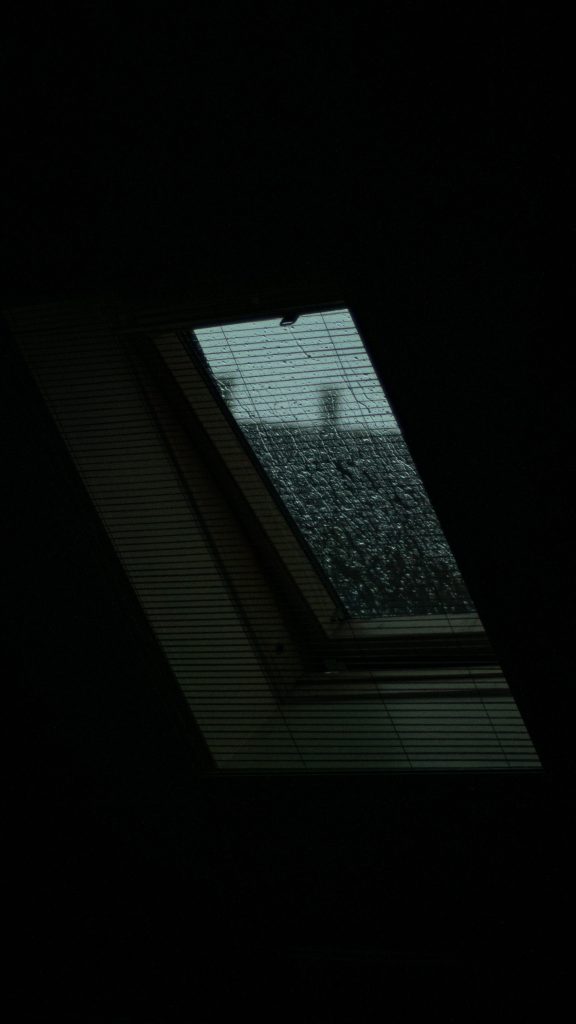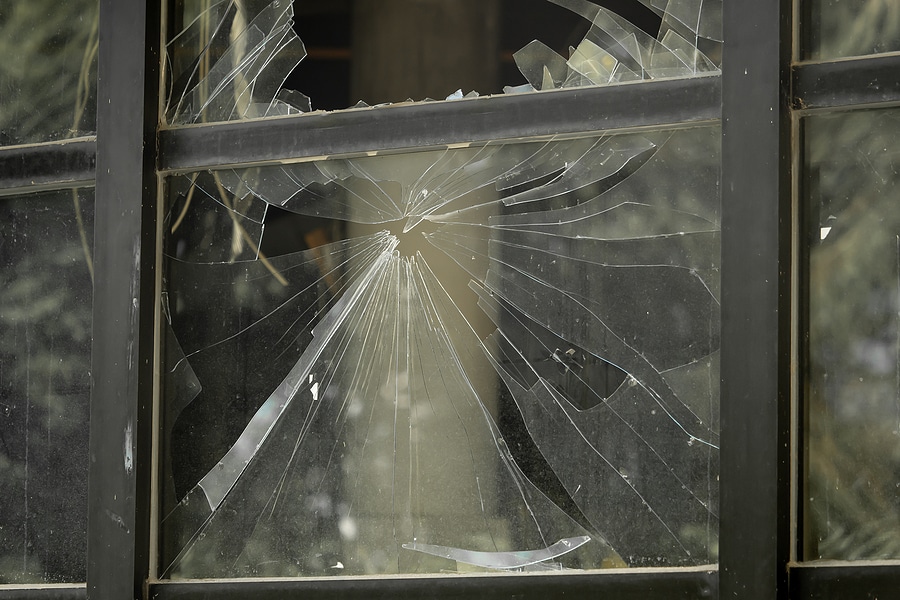What if Your Neighbor’s Tree Falls on Your House?
Property and liability laws are exceedingly complicated in Texas, so if you are a homeowner who is involved in a dispute with a neighbor regarding storm-related property damage, you will need to seek the advice and services of a Texas storm damage attorney as quickly as possible.
In Texas, can there be circumstances where someone may be liable for the storm damage on another person’s property? For example, are you liable if a tree that is rooted in your own yard – a tree you own – falls on your neighbor’s house?
Especially if you are a property owner in this state, keep reading this brief discussion of disputes over storm damage for the answers to these questions, but if you are already involved in such a dispute, or if a dispute with a neighbor regarding storm damage emerges in the future, you should contact a Texas storm damage lawyer at once.
What is the Texas Fallen Tree Law?
Texas has established laws that protect both trees and properties. If you are a homeowner, at some point, you will probably need to have a tree removed from your property. Diseased and damaged trees can be a considerable hazard not only for your family but also for your neighbors.

Texas has a “fallen tree” law that encourages the proper care of trees. If a tree or a branch causes damage to another property because the branch was not trimmed or the tree was not maintained – that is, if the tree’s owner was negligent – the tree’s owner may be liable for any damages.
But if a tree damages a neighbor’s property due to natural causes (such as lightning or hurricanes), and if the tree’s owner was not negligent, the neighbor (the owner of the damaged property) may have no legal claim against the tree’s owner.
What if Negligence and Natural Causes Both Contribute to Property Damage?
However, the Texas courts have held that a property owner has no legal recourse against a neighbor only in those cases where a severe weather event (or what the insurance companies call “an act of God”) is the sole and exclusive reason for the damage.
In Gannett Outdoor Co. of Texas v. Kubeczka (1986), the court held that a billboard company did not take “adequate precautionary measures” to secure a billboard and that the company’s negligence “actively contributed” to the billboard falling on a house during Hurricane Alicia.
Thus, a failure to secure items that may be expected to blow away in heavy winds may make a property owner liable. Similarly, a negligent failure to remove or secure a dead or diseased tree may make a property owner liable if the tree damages other property or persons.
In such cases, a property owner may be held liable for a neighbor’s property damage whether or not that property owner could have reasonably anticipated severe weather or the damage it would cause.
Can You Make Your Neighbor Trim or Maintain a Tree?
You can’t make your neighbor trim a tree on his or her property, but if your neighbor’s tree branches hang over your property, you may legally trim the branches up to your property line.

If a neighbor’s tree is diseased, dead, or dangerous, and if your neighbor takes no action to remove it (or refuses to remove it), you may file a complaint with your local municipal or county government, which may issue a notice that requires your neighbor to remove the tree.
Do You Need to Take Legal Action?
Violent storms are common in Texas, which means that many homeowners in this state sustain property damage. In most weather-related property damage cases, negligence is not a factor, and homeowners file a property damage claim with their own homeowners insurance company.
However, if you believe that a neighbor’s negligence is the reason your property sustained storm damage, schedule a free case evaluation at once with a Texas storm damage attorney. You will receive personalized legal advice and learn how Texas law applies in your own circumstances.
Your Texas storm damage lawyer will investigate how the damage to your property happened, review the evidence, and speak to any witnesses. To prevail with a weather-related property damage claim against a neighbor, you and your storm damage attorney must prove that:
- Your neighbor was negligent.
- Your neighbor’s negligence was a direct cause of the damage to your property.
How is a Property Damage Claim Handled?
Texas law entitles you to compensation if someone else’s negligence injures you or damages your property. If you proceed with a damage claim, your attorney will negotiate out-of-court with your neighbor’s homeowners insurance company to recover compensation for your property repairs and related losses.
Out-of-court negotiation is how most storm damage and property damage claims are resolved in this state. During any negotiations, your property damage lawyer will make it a priority to protect your legal rights and your best long-term interests.
However, if your damage claim is disputed, or if no acceptable settlement offer is forthcoming in the private negotiations, your attorney will take your claim to trial, explain to a jury the cause, nature, and extent of the damages, and ask that jury to order the payment of your compensation.
Is There a Deadline for Taking Legal Action?
Texas has established a two-year statute of limitations for filing any claim arising from damaged or demolished property, but do not wait two years to speak to an attorney. It is important for your attorney to examine evidence while it’s fresh and speak to witnesses before memories fade.

If you have missed the deadline, your claim may qualify as an exception, so it cannot hurt to speak with an attorney, but if you have recently sustained negligence-related property damage – or if you sustain that damage in the future – reach out to an attorney as quickly as possible.
The process begins with a free case evaluation. If you choose to proceed with legal action against a neighbor, you will pay no fee to your attorney unless and until you are compensated by your neighbor’s homeowners insurance company for your property damage and related losses.
What’s Important for a Homeowner to Remember?
A neighbor’s negligence can damage your home and property and even pose a threat to your family in a severe weather event. A dispute over liability for that damage can make it difficult for a homeowner to recover from storm damage and repair the property.
If you sustain weather-related storm damage because your neighbor was negligent, and if you and your attorney can prove it, you will recover compensation, and the law will be on your side, but it’s up to you to take the first step and reach out to a Texas property damage attorney.
















